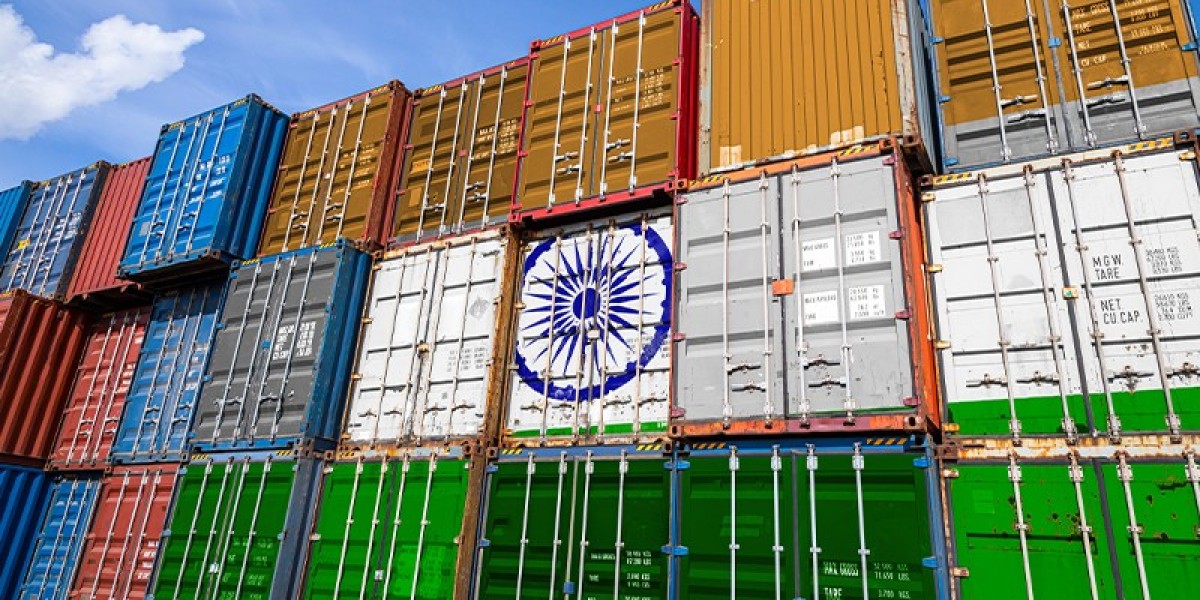Shipping cargo to India involves navigating a complex set of customs regulations, tariffs, and compliance requirements. Whether you are an individual sending personal goods or a business managing international trade, understanding these rules is essential for a smooth shipping experience. This guide explores key customs regulations, required documentation, cargo to India duties and taxes, prohibited items, and tips for hassle-free cargo clearance.
Key Customs Regulations for Cargo to India
Import Laws and Regulations
India's customs regulations are governed by the Customs Act, of 1962, and policies set by the Central Board of Indirect Taxes and Customs (CBIC). Importers must comply with the rules set forth by the Directorate General of Foreign Trade (DGFT).
Key regulations include:
Goods must be declared at customs through proper documentation.
Certain restricted goods require special permits.
Duties and taxes must be paid before the cargo is cleared.
The consignee must comply with safety and environmental regulations.
Customs Clearance Process
The customs clearance process for cargo to India involves:
Filing Bill of Entry (BOE): Importers must submit a BOE electronically through the Indian Customs Electronic Gateway (ICEGATE).
Customs Duty Assessment: The customs officer assesses duties and taxes based on the Harmonized System (HS) Code of the product.
Cargo Inspection: Certain goods may require a physical inspection by customs authorities.
Payment of Duties and Taxes: Importers must pay applicable duties before the cargo is released.
Release of Goods: After verification, customs issues clearance for the goods to enter the Indian market.
Essential Documentation for Cargo to India
Proper documentation is crucial for avoiding delays and penalties. The required documents include:
Bill of Lading (BOL) or Airway Bill (AWB)
Acts as proof of shipment and contains details of the cargo, shipper, and consignee.
Issued by the shipping or airline company.
Commercial Invoice
Details the value, quantity, and description of goods.
Used to determine applicable duties and taxes.
Packing List
Specifies the weight, dimensions, and contents of the shipment.
Helps customs officials verify the cargo.
Importer Exporter Code (IEC)
Required for businesses engaged in importing and exporting goods.
Issued by DGFT.
Goods and Services Tax (GST) Registration
Mandatory for importers to comply with tax regulations.
Certificate of Origin (COO)
Required for preferential duty rates under trade agreements.
Duties and Taxes on Cargo to India
Basic Customs Duty (BCD)
The standard duty rate varies based on the HS Code classification. Some commonly imported goods have specific duty rates.
Integrated Goods and Services Tax (IGST)
IGST is levied on imported goods under the GST framework.
The rate depends on the product type and its classification.
Additional Cesses and Surcharges
Certain goods attract additional levies such as:
Social Welfare Surcharge: 10% on customs duty.
Anti-dumping Duty: Imposed on goods sold below fair market value.
Restricted and Prohibited Items
Before shipping cargo to India, ensure compliance with import restrictions:
Prohibited Items
The following goods are not allowed to be imported into India:
Narcotics and illegal drugs.
Firearms and explosives.
Counterfeit currency.
Pornographic materials.
Restricted Items
Certain items require special permits or approvals:
Medicines and Pharmaceuticals: Require approval from the Drug Controller General of India (DCGI).
Food Products: Subject to clearance from the Food Safety and Standards Authority of India (FSSAI).
Used Machinery: Requires a Chartered Engineer’s Certificate.
Tips for Hassle-Free Cargo Clearance
Work with a Licensed Customs Broker
A customs broker can facilitate compliance with Indian regulations and handle documentation, reducing clearance delays.
Ensure Accurate Classification of Goods
Properly classify goods under the correct HS Code to avoid duty miscalculations.
Maintain Complete and Accurate Documentation
Incomplete or incorrect paperwork can lead to penalties and delays. Double-check all documents before submission.
Plan for Customs Duty Payments
Be prepared to pay duties and taxes in advance to expedite cargo clearance.
Monitor Regulatory Changes
India’s import policies are updated periodically. Stay informed about changes to avoid compliance issues.
Conclusion
Understanding India’s customs regulations is crucial for the seamless shipment of cargo to India. Ensuring compliance with import laws, maintaining proper documentation, and working with experienced logistics partners like Aeron Cargo can streamline the process. Whether you are shipping personal goods or commercial consignments, being well-prepared will help you avoid unnecessary delays and costs.



